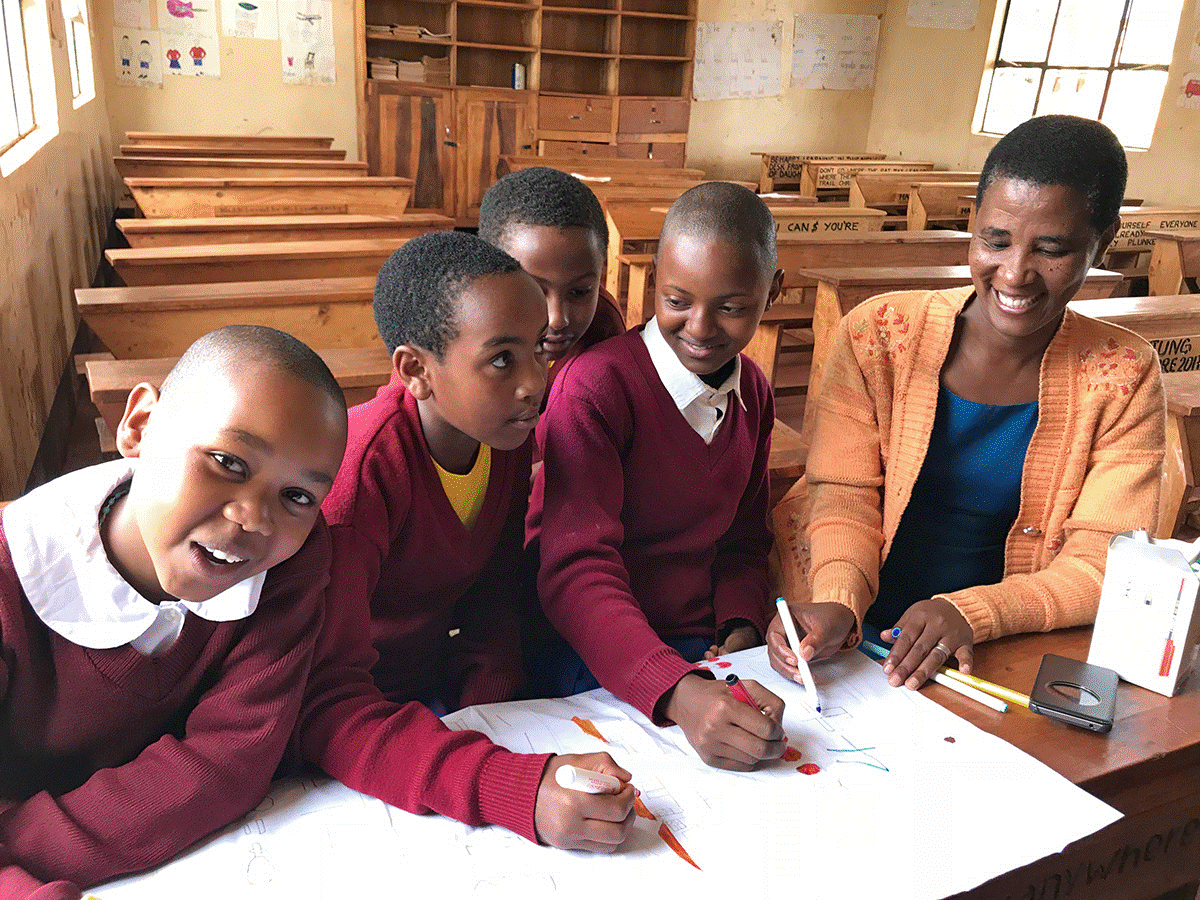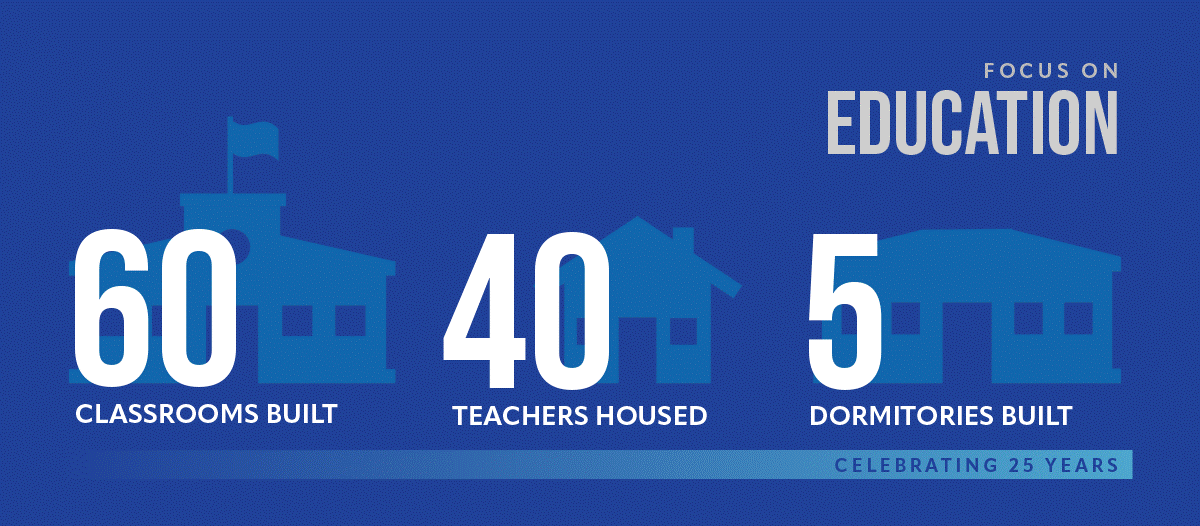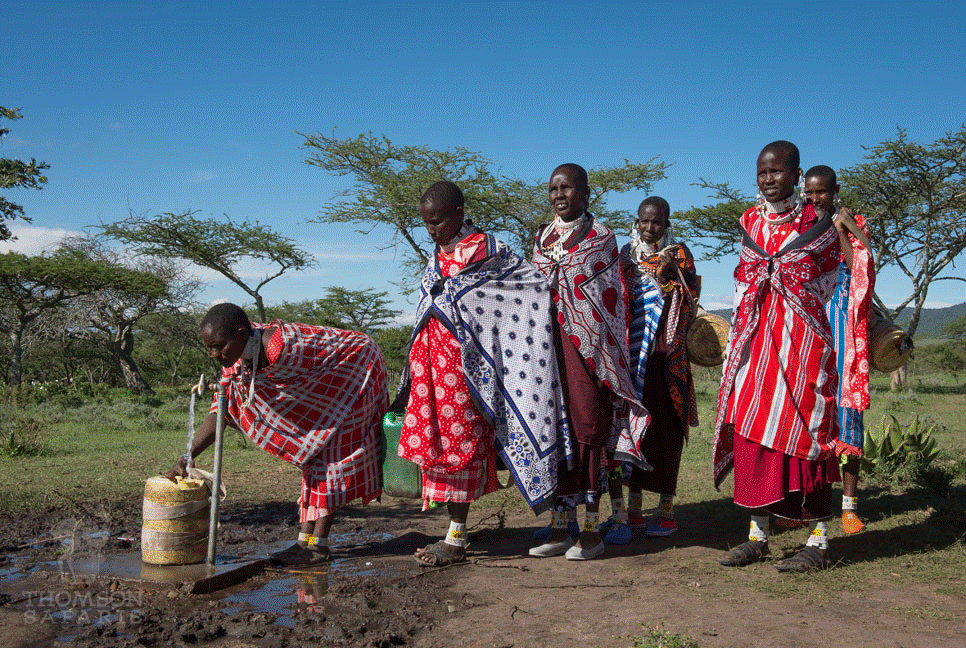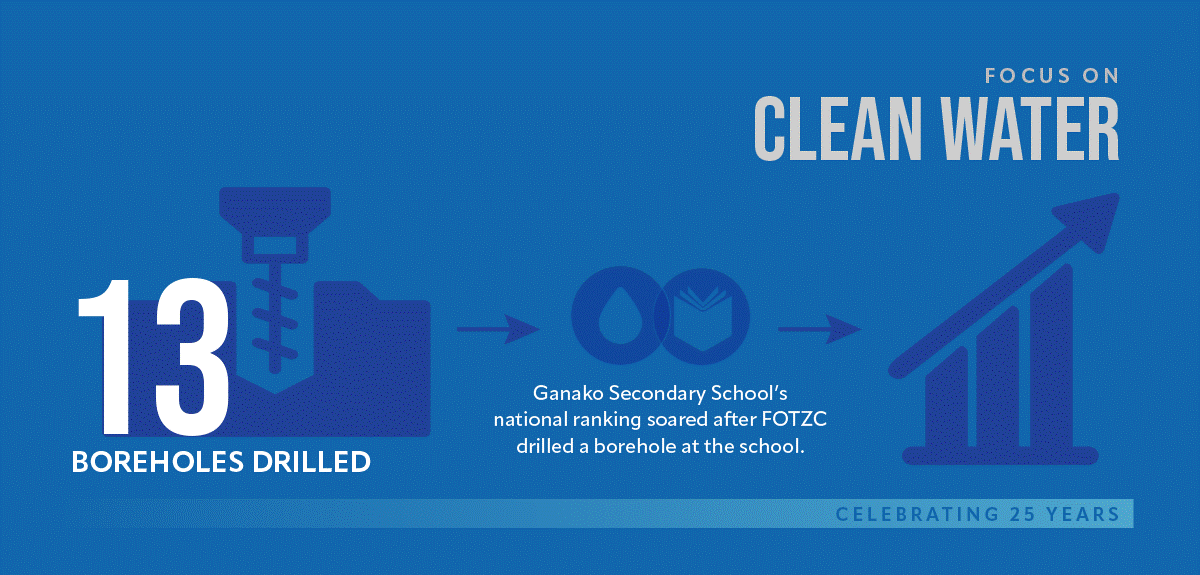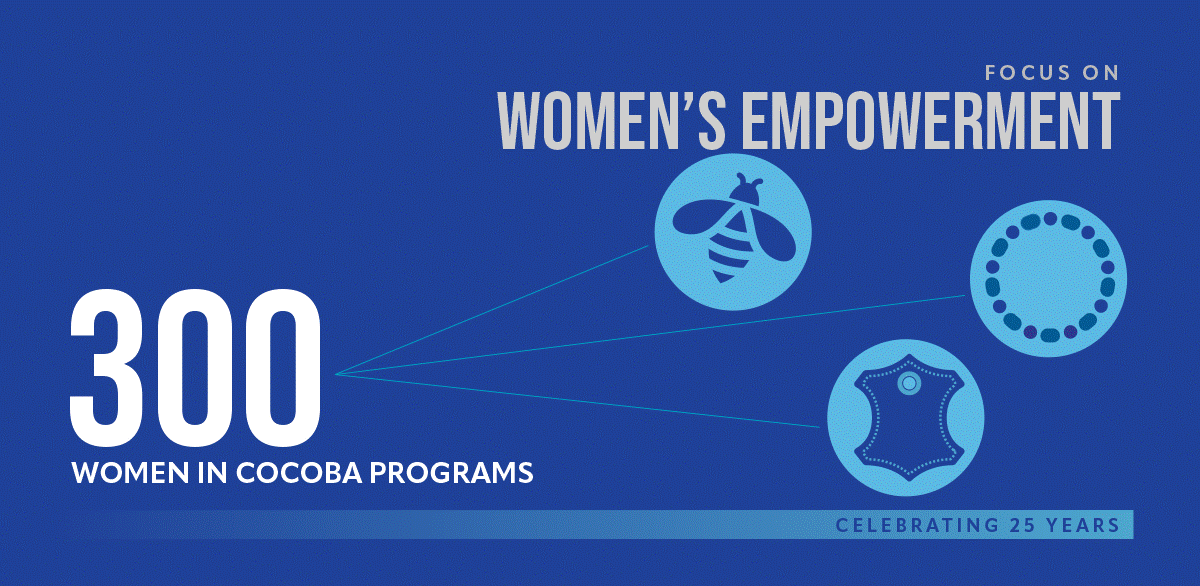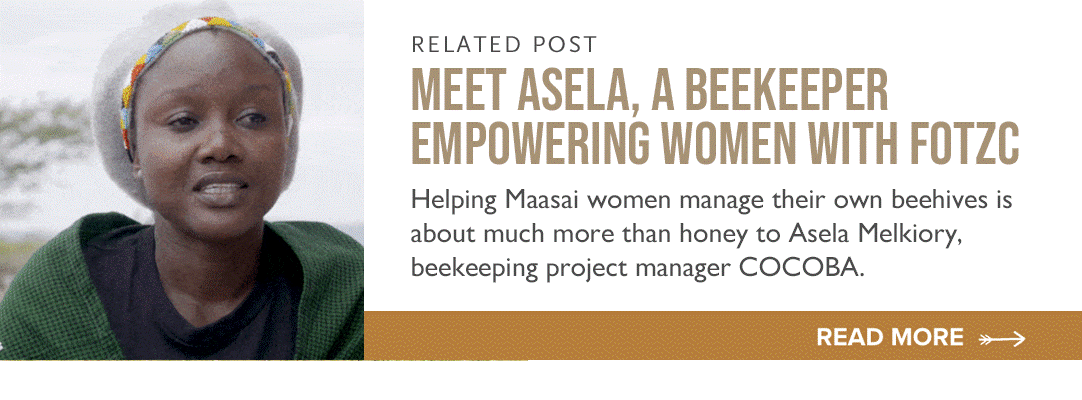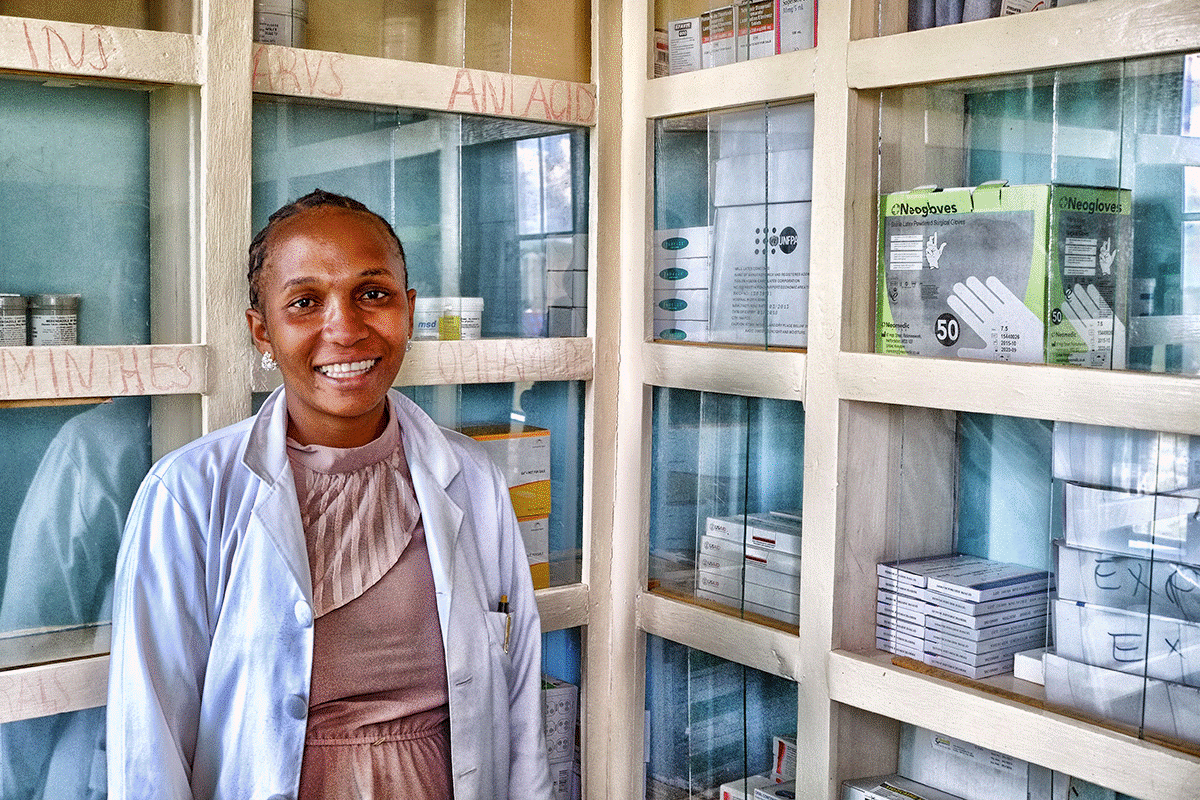PERSPECTIVES - Celebrating 25 Years of
Making a Difference with FOTZC
In 1997, six safari travelers partnered with Thomson Safaris founder Judi Wineland to found Focus on Tanzanian Communities (FOTZC), a charitable organization that would partner with the amazing communities that inspired them while visiting Tanzania.
Twenty-five years later, FOTZC has grown into a sprawling and impactful charitable organization that partners with numerous communities and thousands of people on healthcare, education, women’s empowerment, and clean water access projects. FOTZC aims to help overcome economic and social challenges with sustainable development initiatives. And it does this by connecting people from across the world—our friends in Tanzania, and the travelers who have been fortunate enough to meet them.
FOTZC has had an incredible impact. Here are just a few notable projects we’re particularly proud of.
Education
One of the founding pillars of FOTZC’s mission was education, and the first school that FOTZC partnered with was Salika Primary School. FOTZC raised $74,000 to install electricity, add a computer room, and build new teachers’ houses and classrooms.
In 25 years, FOTZC partnered with 21 other villages to bring clean water, classrooms, teachers’ housing and dormitories to thousands of students and faculty.
According to Lukas Kurkas, a ward councilor in Oloipiri, FOTZC’s partnership with their schools “is like a dream come true. After the construction of classrooms, we saw a huge rise in daily attendance. The awareness and willingness to educate children in the Maasai community has increased hugely.”
Water
In rural Tanzania, women and children (usually girls) are tasked with trekking hours every day to find water, which is carried back in heavy buckets under the hot sun. Sometimes, that water is dirty and potentially disease-ridden as water sources are often shared with wild animals.
Constructing boreholes throughout the region has helped reduce the need for these time-consuming journeys and provided clean water that is safer to consume. FOTZC donors have raised hundreds of thousands of dollars to construct these boreholes, which have benefitted thousands people in numerous communities.
Not only does this mean that waterborne diseases have been virtually eradicated in the region, but women have more time to pursue their own paths, and children are free to focus on their studies.
Women’s Empowerment
In Tanzanian communities, women are rarely considered equal to men. Women are often expected to fetch water, cook, and care for children, leaving little room or time for them to follow other paths of life.
By empowering women, villages can achieve broader goals. That’s why FOTZC started a gender equality program that teaches women how to open small, environmentally friendly businesses and supports them in the process.
Women who have joined this program work in various crafts, including beadwork, beekeeping, and leather tanning. The profits they earn from their thriving businesses are used to feed their families, pay school fees for their children, start new businesses, and even build new homes.
“When you empower a woman, you empower the whole community,” Asela Melkiory, beekeeping project manager at COCOBA, said.
Click on the image of Asela below to see more information regarding Beekeeping.
Health
Basic healthcare access is a fundamental aspect of any community, but in the remote areas of Tanzania, healthcare access is often not reliable or nearby. When adults fall ill, they cannot work, and sick children cannot go to school. Pregnant mothers miss out on vital pre- and post-natal care that would otherwise prepare them for healthier labor and childhood experiences. The whole community suffers when healthcare is lacking.
Medical staff members are happy to have an organized supply room.
That’s why, in 2015, FOTZC built a medical dispensary in Sukenya which, at the Tanzanian government's request, is being expanded to the Sukenya Health Center. Thanks to the doctors and nurses who provide pre- and post-natal care there, 95% of infants now survive birth—an achievement we’re all incredibly proud of. They also teach patients everything from proper nutrition to the benefits of vaccination, thus improving the overall health of the community.
“We thank FOTZC for this health clinic; it is because of you, our standard of living is improved,” Chairman of Sukenya Village Lettit Lettit said.
How Can You Help?
Click the link below to support FOTZC’s projects and be a force for good in Tanzania. You can choose to send your gift where it’s needed most, or designate one of FOTZC’s areas of focus: Education, Health, Water and Women’s Empowerment.


